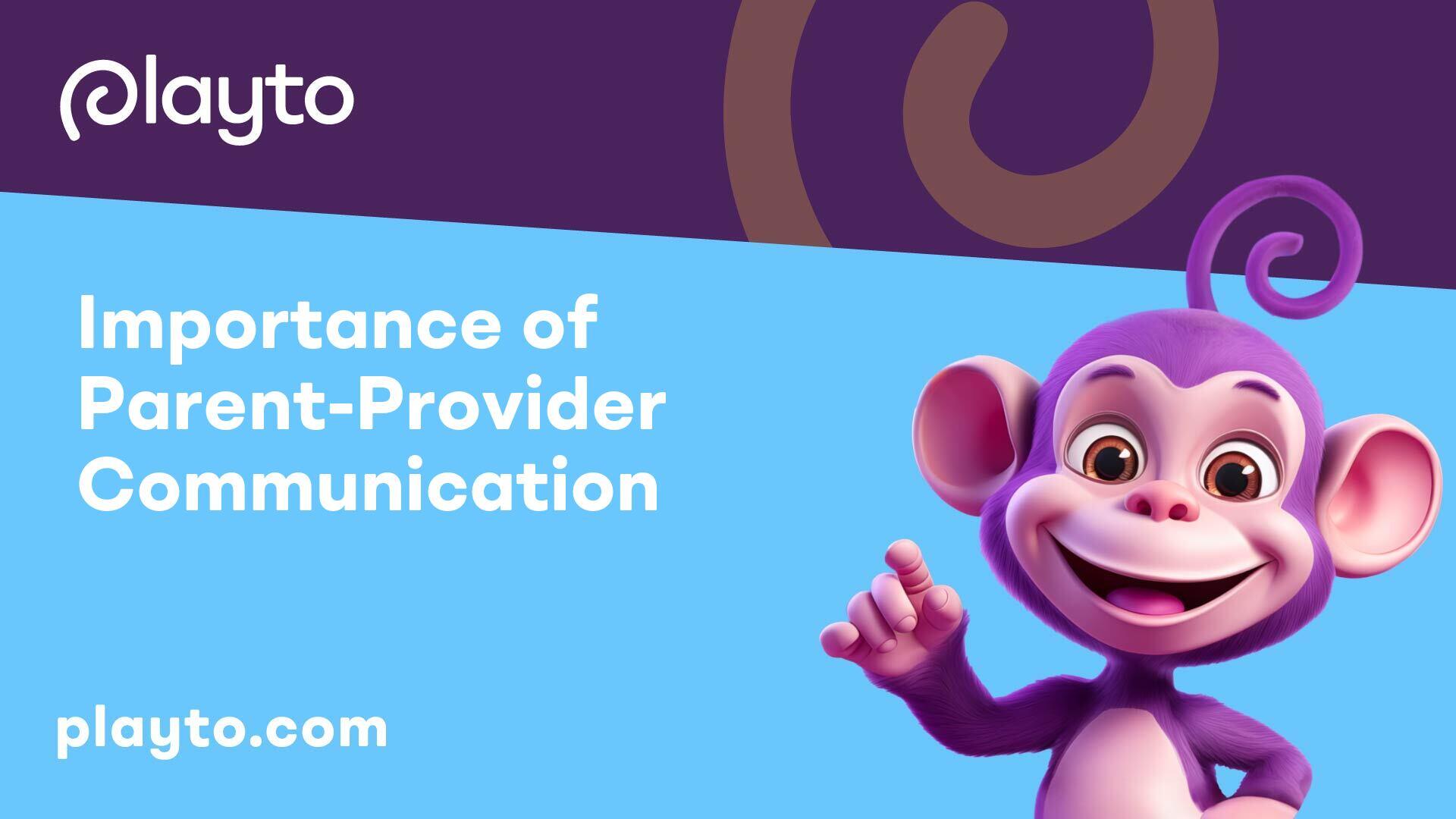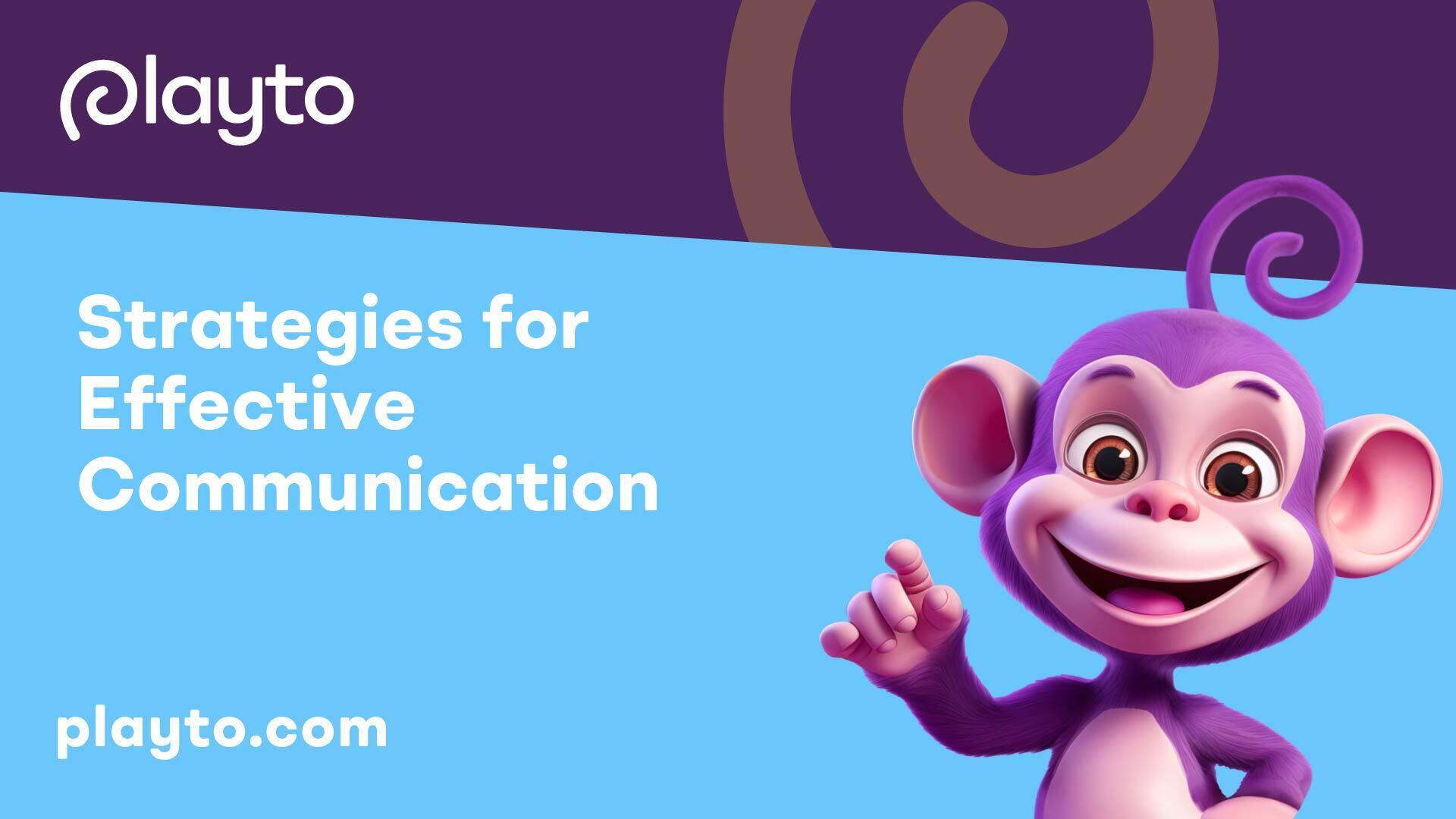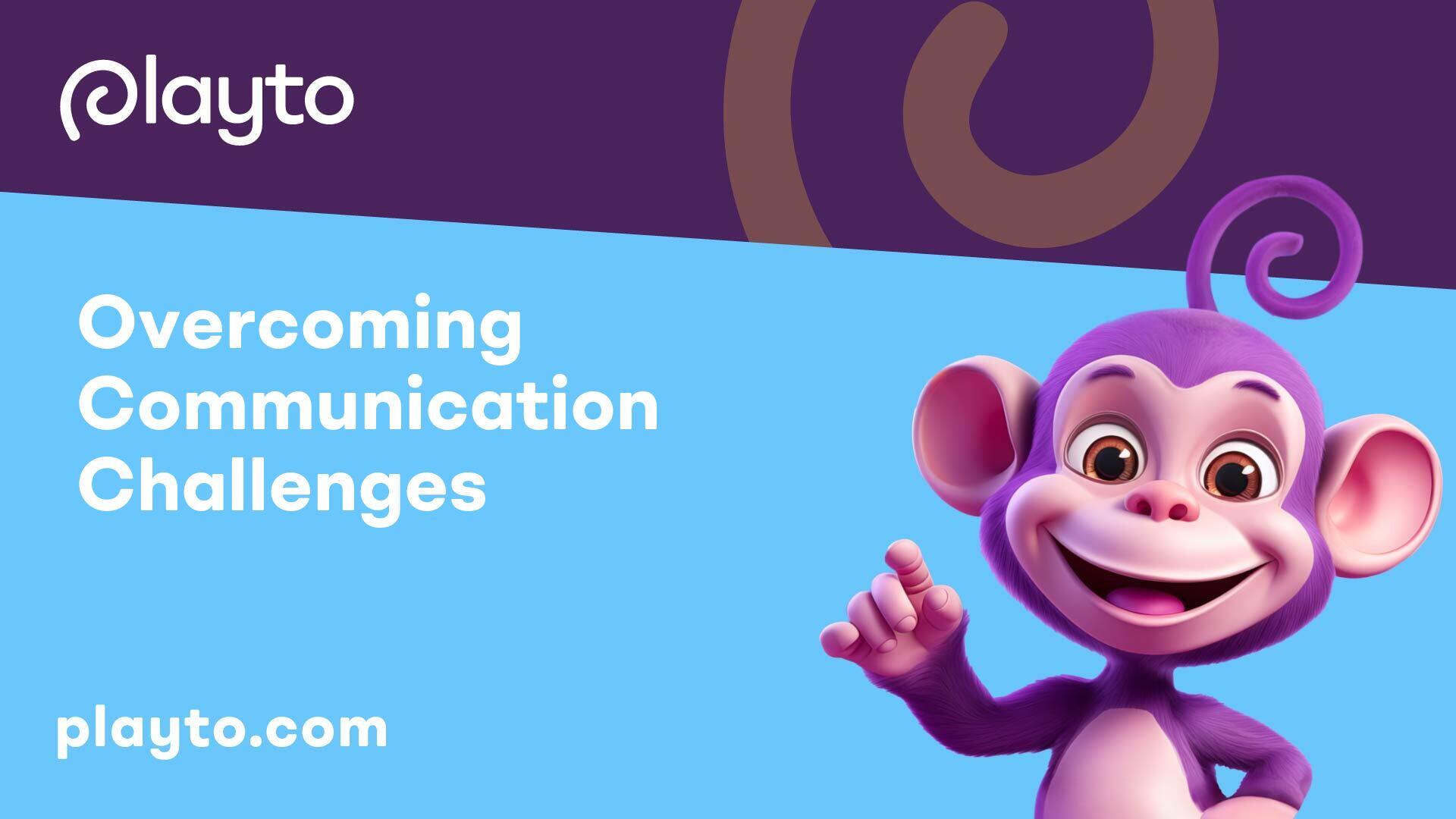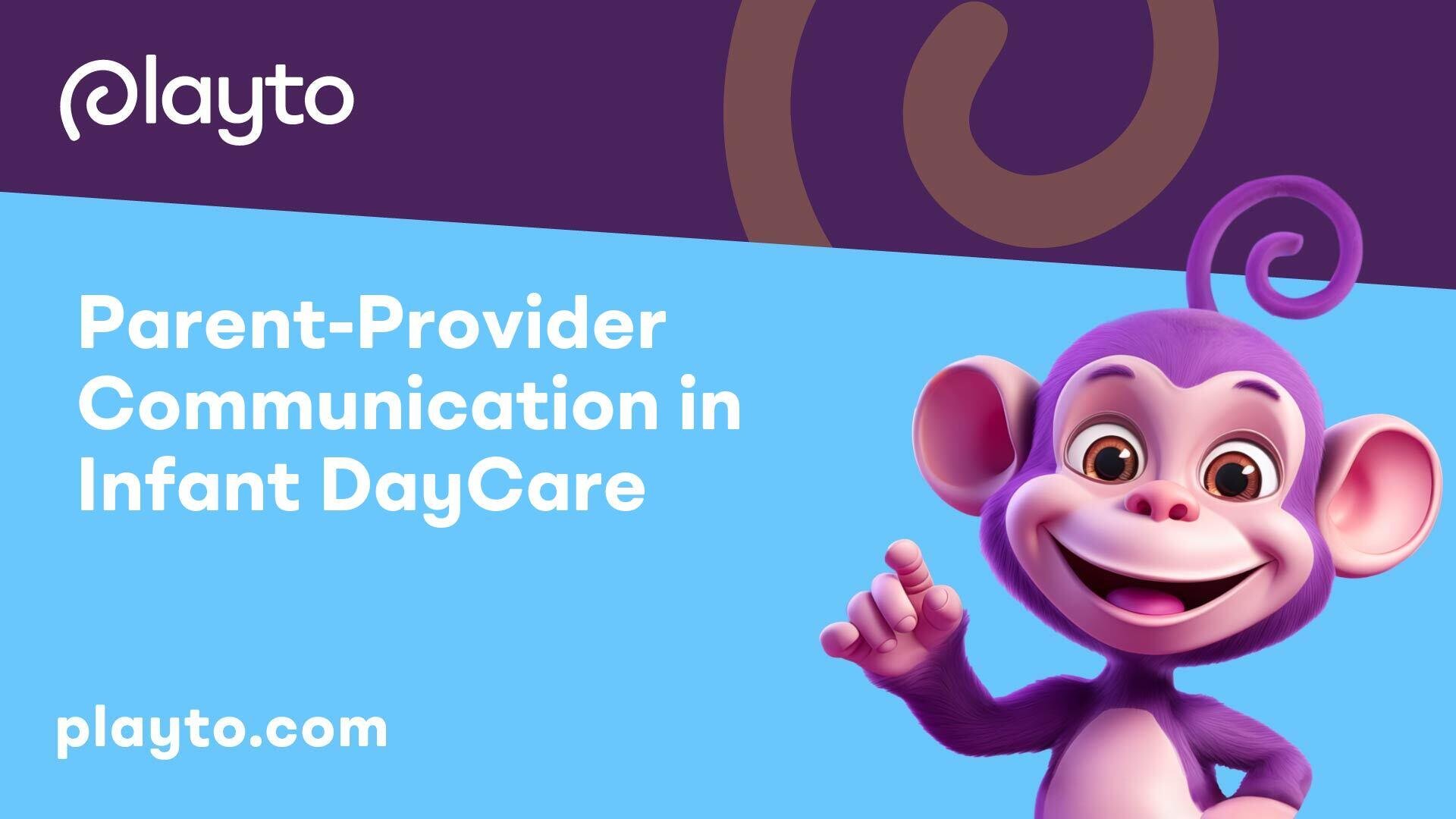
Importance of Parent-Provider Communication
Effective parent-provider communication plays a pivotal role in nurturing a positive and collaborative relationship between daycare staff and parents. By fostering open lines of communication, both parties can work together to ensure the well-being and development of the child. Understanding the significance of communication, addressing barriers, and building trust are crucial components in this dynamic relationship.
Barriers to Effective Communication
Several barriers can hinder effective communication between parents and daycare providers. These barriers may include language differences, cultural diversity, limited time for interaction, and varying communication styles. It is essential for daycare providers to recognize and address these barriers actively to cultivate a supportive and inclusive environment for all families.
To overcome language barriers, daycare centers can provide translation services or utilize multilingual staff to facilitate clear and concise communication with parents of diverse linguistic backgrounds. Additionally, acknowledging and embracing cultural differences can enhance mutual understanding and promote a sense of community within the daycare setting.
Building Trust and Understanding
Building trust with families is a fundamental pillar of effective parent-provider communication. Establishing trust demonstrates a commitment to the well-being of both the child and the parent, fostering a sense of security and confidence in the daycare environment. By treating each family with respect and understanding, daycare providers can create a welcoming and inclusive space where parents feel valued and empowered.
Practicing active listening is a key strategy in building trust and understanding with parents. By attentively listening to parents' concerns, ideas, and feedback, daycare providers convey empathy and respect for parental perspectives. This encourages open and honest communication, allowing for collaborative efforts in supporting the child's growth and development.
In summary, by acknowledging and addressing barriers to communication, and prioritizing the establishment of trust and understanding, daycare providers can cultivate a harmonious and cooperative relationship with parents. Through effective communication practices, both parties can work together to create a nurturing and supportive environment for the child's early learning and development.

Strategies for Effective Communication
In the realm of childcare, particularly in infant daycare settings, fostering strong relationships through effective communication between parents and providers plays a crucial role in ensuring the well-being and development of the child. This section focuses on key strategies that enhance communication in infant daycare.
Practicing Active Listening
One of the fundamental pillars of effective communication is practicing active listening. By actively listening to parents, caregivers demonstrate that they value and respect their input and perspectives. It involves fully concentrating, understanding, responding, and remembering what is being said. This approach encourages open and honest dialogue, leading to a more collaborative relationship between parents and providers.
Consideration of Cultural Differences
Cultural sensitivity and awareness are paramount when engaging in parent-provider communication in infant daycare. By acknowledging and respecting cultural differences, caregivers can create a welcoming and inclusive environment for families of diverse backgrounds. Understanding cultural norms, values, and beliefs can help bridge communication gaps and build trust with parents.
Offering Multiple Communication Mediums
To cater to varying communication preferences among parents, daycare providers should offer multiple communication mediums. This could include options such as live chat, face-to-face discussions, written updates, emails, SMS, or phone calls. By being flexible and accommodating different communication styles, caregivers can ensure that vital information reaches all parents effectively, fostering a sense of inclusivity and engagement.
Celebrating Successes and Providing Support
Effective communication in infant daycare is not only about addressing concerns but also about celebrating successes and providing support during challenging times. Celebrating milestones, achievements, and positive moments in a child's development helps strengthen the bond between parents and providers. Offering support, guidance, and reassurance during difficult situations demonstrates empathy and care, fostering a supportive and collaborative relationship.
By implementing these strategies for effective communication in infant daycare settings, caregivers can establish a foundation of trust, transparency, and mutual respect with parents. Successfully navigating communication challenges and embracing a proactive approach to parent-provider interactions contributes to a nurturing and enriching environment for the child's growth and development.

Communication Strategies in the Digital Age
In the evolving landscape of childcare, adapting to digital media has become essential for effective parent-provider communication in infant daycare. Child care centers are embracing various digital platforms to bridge the gap and maintain strong connections with parents, especially amidst challenges like limited face-to-face interactions due to the coronavirus pandemic.
Adapting to Digital Media
With the shift towards digitalization, child care providers are recognizing the importance of embracing digital media to interact with parents efficiently and consistently. This adaptation allows for real-time communication and instant updates on a child's well-being and activities.
Utilizing Email, SMS, and Social Media
Providers are incorporating communication tools such as email, SMS text messaging, and social media platforms to engage with parents and keep them informed about their child's daily experiences, milestones, and any important announcements. By leveraging these digital channels, providers can maintain open lines of communication that are convenient and easily accessible to busy parents.
Ensuring Accessibility for All Parents
While digital communication offers numerous benefits, child care centers must also ensure accessibility for all parents, including those with limited access to technology. Flexible communication strategies are crucial to accommodate diverse parental preferences and technological capabilities, ensuring that every parent receives essential updates and information in a timely manner.
By adapting to digital media and utilizing platforms like email, SMS, and social media, child care providers are enhancing parent-provider communication, fostering collaborative relationships, and promoting a sense of community within the daycare setting. This shift towards digital communication not only facilitates efficient information sharing but also strengthens the partnership between parents and caregivers, ultimately benefiting the well-being and development of the children under their care.

Overcoming Communication Challenges
In the realm of parent-provider communication in infant daycare, there are various challenges that need to be addressed to ensure effective and meaningful interactions. Overcoming these hurdles requires a concerted effort from both parties involved. Let's explore strategies for tackling some common communication challenges faced in infant daycare settings.
Language Barriers and Translation Services
One significant obstacle in communication between parents and daycare providers is language barriers. To bridge this gap and ensure that all parents are actively engaged in their child's care, childcare centers can utilize translators, translation services, or engage in in-person communication to make information accessible to all parents. By providing resources and support for parents with limited English proficiency, daycare centers can create an inclusive environment where every parent feels informed and understood.
Shared Goals and Collaborative Efforts
Effective communication thrives on shared goals and collaborative efforts between parents and daycare providers. It is essential for both parties to align their objectives and work together towards the well-being and development of the child. By fostering a collaborative approach, parents and providers can build trust, mutual respect, and a strong partnership that ultimately benefits the child's growth and learning experience.
Open Two-Way Communication Channels
Establishing open and two-way communication channels is fundamental to nurturing a healthy relationship between parents and daycare providers. Creating a supportive environment where both parties feel comfortable sharing information, expressing concerns, and providing feedback is key to maintaining ongoing communication and ensuring parental satisfaction with the daycare program. Encouraging open dialogue allows for the exchange of valuable insights, promotes transparency, and enhances the overall quality of care provided to infants in daycare settings.
By effectively addressing language barriers, fostering shared goals and collaborative efforts, and promoting open two-way communication channels, parents and providers can overcome communication challenges and build strong, constructive relationships that benefit the infants under their care. Effective communication lays the foundation for successful partnerships and ultimately enhances the quality of care and support offered in infant daycare environments.

Effective Parent-Provider Relationships
Establishing and nurturing effective relationships between parents and daycare providers is paramount in ensuring the well-being and development of infants in daycare settings. By viewing parents as co-contributors, showing respect and acknowledgment, and engaging in proactive and positive communication, a strong foundation for collaborative care can be built.
Viewing Parents as Co-Contributors
To enhance communication and interactions in infant daycare, it is crucial to approach the relationship with humility and openness. Recognizing both child care professionals and parents as co-contributors with unique perspectives and insights fosters collaboration and better outcomes for children. By valuing the input and knowledge that parents bring to the table, a more holistic approach to child care can be achieved.
Respect and Acknowledgment
Respect forms the cornerstone of effective communication between parents and daycare providers. Even when disagreements or differing viewpoints arise, it is essential to acknowledge and affirm the vital role that parents play as the primary caregivers. Showing respect for parents' decisions, values, and perspectives establishes trust, encourages open dialogue, and lays the foundation for a supportive partnership in caring for the child.
Proactive and Positive Communication
Communication that is proactive, positive, and transparent is key to maintaining strong parent-provider relationships in daycare settings. Establishing shared goals and priorities with parents for their child's development is essential. Collaboratively designing activities that support these objectives and facilitating connections with additional community resources help reinforce the partnership between parents and providers, creating a beneficial environment for the child's growth and development.
In summary, effective parent-provider relationships in infant daycare hinge on the principles of humility, respect, and proactive communication. By treating parents as valuable partners in the care and upbringing of their child, daycare providers can create a supportive and nurturing environment that optimizes the child's well-being and development.

Communication in Childcare Centers
In the realm of infant daycare, effective communication between parents and providers is paramount for enhancing parent engagement and involvement in the childcare program. By fostering open lines of communication, providers can gain a deeper understanding of the child's home environment, demonstrate respect, and ultimately increase parent satisfaction.
Flexibility in Communication Strategies
Maintaining flexibility in communication strategies is essential for catering to the diverse needs and preferences of parents. By acknowledging and adapting to varying communication styles, providers can ensure that information is conveyed effectively and received positively. This adaptability fosters a collaborative and inclusive environment that promotes transparent and constructive dialogue between parents and providers.
Addressing Concerns and Offering Feedback
Addressing concerns and offering feedback in a timely and constructive manner is key to nurturing strong parent-provider relationships. By creating a supportive space where parents feel comfortable expressing their worries and receiving guidance, providers can proactively address any issues that may arise. Transparent communication regarding the child's progress, behavior, and well-being is crucial for building trust and mutual understanding between all parties involved.
Collaboration for Child Development
Collaboration between parents and providers plays a vital role in supporting optimal child development. Establishing shared goals and priorities enables providers to gain insights into each child's individual history, strengths, and challenges. By fostering a collaborative effort focused on the child's well-being and growth, parents and providers can work together to create a holistic and supportive environment that nurtures the child's development.
Incorporating strategies that prioritize flexibility, responsive communication, and collaborative efforts in childcare centers can significantly enrich the parent-provider relationship and contribute to a positive and nurturing environment for children in daycare. By embracing these communication practices, providers can empower parents, strengthen partnerships, and promote the overall well-being and development of the children under their care.

Challenges in Parent-Provider Communication
Effective communication between parents and childcare providers is vital for the well-being and development of infants in daycare settings. However, there are several challenges that can hinder this communication process. In this section, we will explore three significant challenges faced in parent-provider communication: provider defensiveness, high child-to-provider ratios, and managing expectations.
Provider Defensiveness
One common challenge in parent-provider communication is provider defensiveness. When parents approach daycare providers about concerns or incidents involving their child, providers may sometimes react defensively. This defensiveness can create tension and hinder open and constructive communication between the two parties. Parents may feel the need to reassure the provider that they are not blaming them for situations like scratches or bumps on their children.
To overcome provider defensiveness, it is essential for both parents and providers to approach conversations with empathy, understanding, and a collaborative mindset. By acknowledging concerns without assigning blame, parents and providers can work together to address issues and strengthen their relationship.
High Child-to-Provider Ratios
In a childcare center with a high child-to-provider ratio, providers may struggle to offer the same level of individual attention and care that a one-on-one nanny or smaller daycare setting can provide. High child-to-provider ratios can impact the quality of interactions between caregivers and infants, as providers may have limited time to address each child's unique needs [2].
Parents may have expectations based on personalized care experiences that are not always feasible in larger childcare settings. Understanding the challenges posed by high child-to-provider ratios can help parents adjust their expectations and work collaboratively with providers to ensure the best possible care for their infants.
Managing Expectations
Managing expectations is crucial in parent-provider communication. Parents may have specific expectations regarding communication frequency, updates on their child's day, and responsiveness from providers. However, childcare providers operate within busy schedules and may not always be able to respond immediately to every query or update.
It is important for parents to recognize the demands placed on daycare providers and be understanding of potential delays in communication. Establishing clear communication channels, setting realistic expectations, and fostering a proactive and respectful approach can enhance the parent-provider relationship and facilitate smoother communication processes.
By addressing challenges such as provider defensiveness, high child-to-provider ratios, and managing expectations, parents and childcare providers can cultivate a collaborative and supportive environment that prioritizes the well-being and development of infants in daycare settings. Promoting open communication, mutual understanding, and shared goals can help navigate these challenges and nurture positive relationships between parents and providers.

Promoting Parent Involvement
In the realm of infant daycare, fostering strong connections between providers and parents is paramount to ensure the well-being and development of the little ones. Effective parent-provider communication in infant daycare plays a vital role in promoting parent involvement and creating a supportive environment for both caregivers and families. Let's explore some strategies to enhance parent participation:
Positive Relationships and Kindness
Building positive relationships with daycare families is the cornerstone of successful parent-provider communication. Simple gestures like wearing a welcoming smile, showing genuine kindness, and utilizing the compliment sandwich technique can have a significant impact on the interactions between parents and providers [3]. By fostering an atmosphere of warmth and understanding, caregivers can cultivate trust and collaboration with parents, leading to a harmonious daycare experience for all.
Communication Notebooks
Maintaining a communication notebook in infant daycare settings can prove invaluable in enhancing parent-provider communication. This practice involves jotting down essential information shared by parents during drop-offs and pickups. These notebooks serve as a vital tool for providers to address parental concerns, track critical details about the child's routines and preferences, and ensure that everyone's input is acknowledged and respected [3]. The use of communication notebooks facilitates a continuous flow of information, contributing to a thorough understanding of each child's needs and promoting open dialogue between caregivers and families.
Utilizing Daily Reports and Sign-In Sheets
Effective communication in infant daycare settings can be further enhanced through the use of daily reports, sign-in sheets, and other documentation tools. Daily reports, such as infant daily reports, offer comprehensive insights into a child's daily activities, including sleep patterns, meals, playtime, and any specific needs or concerns. By sharing detailed information with parents, providers ensure transparency and facilitate meaningful discussions about the child's progress and well-being [3]. Additionally, utilizing a daycare sign-in sheet not only helps track attendance and arrival/departure times but also plays a crucial role in maintaining safety records, meal counts, and compliance with daycare licensing requirements.
In conclusion, by promoting positive relationships, establishing effective communication channels through notebooks and reports, and utilizing sign-in sheets, providers can encourage parent involvement and create a collaborative environment in infant daycare settings. These strategies not only enhance the parent-provider bond but also contribute to the overall growth and development of the children under their care.
References
[1]: https://www.procaresoftware.com/blog/10-parent-communication-strategies-in-child-care/
[2]: https://www.berkeleyparentsnetwork.org/advice/childcare/communications
[3]: https://clubbhousekids.com/effective-communication-types-in-childcare-to-boost-parent-involvement/
